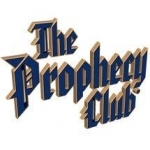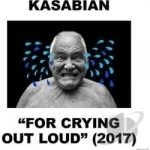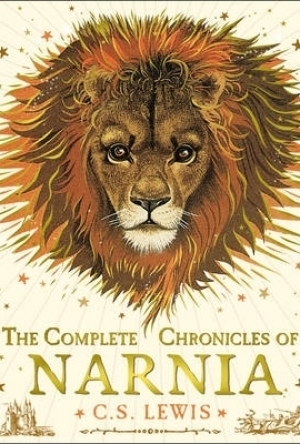
Fiskadoro
Book
'Daring and provocative... Startlingly original' New York Times The nuclear holocaust has been...

When Life Doesn't Match Your Dreams: Hope For Today From 12 Women Of The Bible
Book
Life is full of twists and turns. Relationships falter, careers fizzle, health fades. We may be...
Endorsements A wonderful exploration, but not only for readers to look inwardly, but to also look around at others, at where our lives are at, and mostly upward toward Gods design and dreams for our lives. Love it! Cindy Coloma, best selling and award-winning author of over 15 books Youll come away from this wise and insightful book with a clearer understanding of how you are uniquely gifted to contribute to the world, and why its imperative that you honor your creative calling. Michelle DeRusha, author of Katharina and Martin Luther: The Radical Marriage of a Runway TH Meyer looks at the glass ceiling the world has placed between creatives and non-creatives and shatters it. This those who have felt they are not creative, too timid, or simply too late to the life they were called to live, Meyer says, Pish-posh. She delivers on her promise to help people embrace uniqueness, explore boldness, and encourage faith. Amy Young, author of Looming Transitions: Starting & Finishing Well in Cross-Cultural Service In her book, A Life Of Creative Purpose, Tammy Hendricksmeyer [TH Meyer] is a trusted mentor, offer ing us the tools we need to step completely into Gods design for us as individuals, and as members of His body. Her relatable stories coupled with scripture inspire and ignite a renewed passion for pursuing not only our own creative callings but even more, her words stoke the fire in our hearts for the Giver of these gifts. Kris Camealy, author of Come, Lord Jesus: The Weight Of Waiting A Life of Creative Purpose is a fantastic resource filled with thoughtful questions, stories, and Scripture each designed to awaken us to Gods unique purposes for our lives. It is well-written, thoughtful, and engaging, an invitation to embrace our own eternally significant creative purpose. Cindee S. Re, author of Discovering Hope: Beginning the Journey Toward Hope in Chronic Illness In her book, A Life of Creative Purpose, TH Meyer masterfully blends personal stories with wisdom from Scripture to reveal the importance of creative purpose (even if you think you are not creative.) The thought-provoking questions at the end of each chapter will help you discover (or uncover) and embrace the unique way God has made you and inspire you to step into a life of purpose, meaning, and fulfillment. JoDitt Williams, author/artist of Delight in the Word of God: A Devotional Coloring Book/Journal for Adults
My Thoughts: This is a great book to remind us about the gifts that God has for each of us. It reminds us not to be afraid to step out in faith to use the guts that God gives us to use.
This is a book of encouragement. It helps those who may not know what their purpose or gift is, to learn how to find it.
I enjoyed this book and encourage others to read it.
Daniel Boyd (1066 KP) rated For Crying Out Loud by Kasabian in Music
Jul 13, 2017
Paige (428 KP) rated The Complete Chronicles of Narnia in Books
Jul 28, 2017
Ivana A. | Diary of Difference (1171 KP) rated The Shadow Doctor in Books
Aug 21, 2018
The Unintentional Wish (42 KP) created a post
Dec 31, 2019

The Testament of Gideon Mack
Book
Gideon Mack is a church Minister who does not believe in God. He is unfaithful to his wife and...

The Prophecy Club
Podcast
For the latest news, information, and insight from The Prophecy Club, tune into our radio show....

AMI Namibia-
Education and Health & Fitness
App
This application keeps you informed about the activities of the church of God. Alleluia Ministries...



